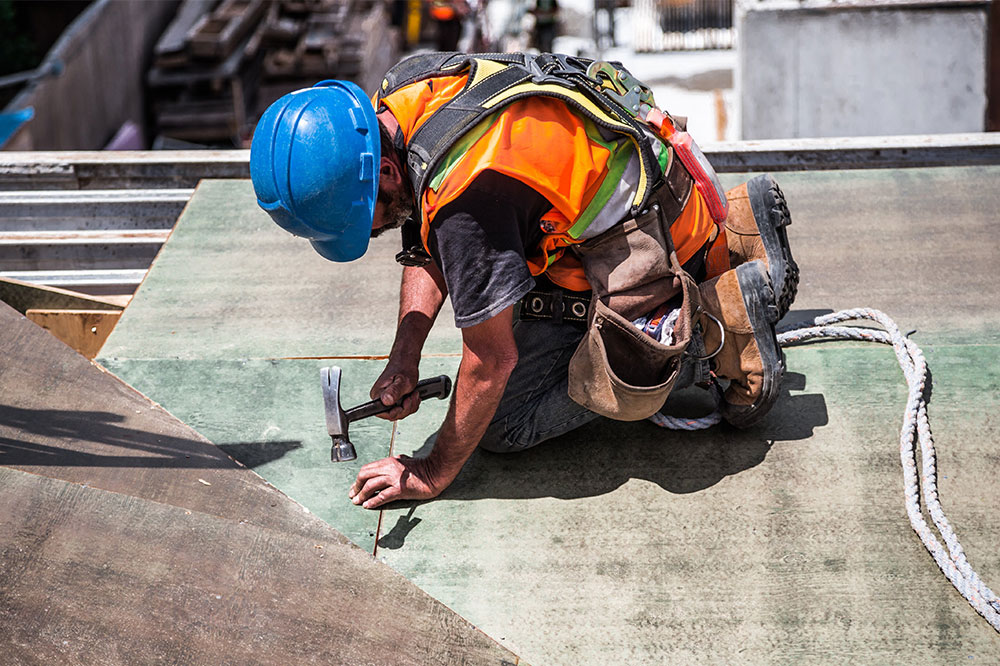Comprehensive Strategies for Winning Construction Bids: A Complete Guide
This comprehensive guide explores the construction bidding process, from initial requests to contract signing. It offers strategic tips on cost estimation, capacity assessment, risk management, and improving bid success rates, essential for contractors seeking to secure lucrative construction projects and grow their business.

Complete Guide to Securing Construction Contracts Successfully
In-depth insights into the construction bidding process and how to succeed
Getting a foothold in the competitive world of construction requires more than just offering quality work; it demands a strategic and well-informed approach to bidding. Securing construction contracts involves a meticulous process where contractors submit detailed proposals, reflecting accurate project costs, realistic timelines, and a demonstration of their capabilities. Navigating this process effectively can significantly increase your chances of winning lucrative projects and growing your business. This comprehensive guide explores every essential aspect of the construction bidding process, including key strategies, common pitfalls, and expert tips to improve your bidding success rate.
Understanding How the Construction Bidding Process Works
The bidding process in construction projects encompasses several crucial steps, each designed to ensure that only the most qualified and competitive proposals are considered. A typical construction bid involves multiple stages, from the initial request for bids to the final contract signing and project execution. Contractors must understand these steps thoroughly to craft compelling proposals that stand out. Here is an expanded overview of each phase:
Request for Bids (RFB): This is the initial stage where project owners publish detailed project plans, specifications, and requirements. This document, often called the Request for Proposal (RFP) or tender, provides the foundation for all subsequent bidding activities. It’s crucial for contractors to analyze the RFB carefully, understanding project scope, criteria, and expectations to develop an accurate bid.
Subcontractor Bidding: Once the main contractor wins their bid, they may seek bids from specialized subcontractors. This is common for work that requires particular expertise, such as electrical, plumbing, or HVAC systems. Subcontractor bidding ensures that the main contractor can assemble a comprehensive team capable of executing the project efficiently and within budget.
Preparation and Submission of Bid: Contractors prepare detailed proposals that include cost estimates, project schedules, resource requirements, and their company’s qualifications. Precision and clarity are vital at this stage. Bids are then submitted through designated platforms or directly to the project owner before the specified deadline.
Bid Evaluation and Selection: The project owner reviews all submitted bids, assessing them not only based on price but also on factors like experience, reputation, and technical approach. This stage involves scrutinizing bid documents, comparing bids, and possibly shortlisting candidates for interviews or negotiations.
Contract Finalization and Award: Once a contractor is selected, contractual negotiations commence. Clear agreements on scope, costs, timelines, and legal obligations are essential. A well-drafted contract safeguards both parties and provides a clear roadmap for project execution.
Critical Profitability Considerations in Bidding
Profit margins are the lifeblood of construction businesses. Bidders must balance competitiveness with profitability to sustain long-term growth. Here’s what to consider:
Conduct comprehensive cost analysis, including direct costs like materials and labor, as well as indirect costs such as overhead, taxes, and contingency funds.
Factor in project-specific elements such as site conditions, access restrictions, and local regulations that may influence costs.
Set clear profit targets based on your business plan, and incorporate them into your bid to avoid underbidding.
The Role of Capacity in Successful Bidding
Assess your current operational capacity before bidding—consider available workforce, equipment, and project management resources.
Only commit to projects your team can realistically complete within the scheduled timeframe, maintaining quality standards and safety protocols.
Avoid overextending yourself, which could lead to delays, increased costs, and damage to your reputation.
Leveraging Historical Data to Refine Bidding Strategies
Maintain thorough records of past bids, both successful and unsuccessful, to analyze patterns and identify areas for improvement.
Evaluate reasons behind bid failures to adjust your approach for future proposals.
Request feedback from clients or project owners to understand their decision-making process better.
Risk Management in Bidding
Identify potential risks such as incomplete information, site challenges, safety issues, or regulatory hurdles.
Thoroughly review project documentation to spot ambiguities or gaps that could impact project cost or timeline.
Incorporate risk mitigation strategies into your bid by including contingency allowances and safety buffers.
A Step-by-Step Approach to Winning Bids
Research and Planning: Conduct detailed project analysis, stakeholder research, and market analysis to gather critical information and anticipate challenges.
Preparing an Effective Bid: Develop a comprehensive proposal that clearly outlines your costs, schedule, resources, and unique value proposition.
Timely Submission: Ensure your bid is submitted before the deadline, double-checking all documents for accuracy and completeness.
Presentation and Clarification: Be ready to defend your proposal, answer questions, and demonstrate your firm’s expertise confidently.
Post-Bid Procedures: Maintain communication, be prepared for negotiations, and swiftly respond to any requests for additional information.
The process of securing construction contracts involves strategic planning, diligent research, precise cost calculation, and proactive communication. Adopting these expanded insights and best practices will help contractors improve their bid success rates and establish a reputable presence in the competitive construction industry.



